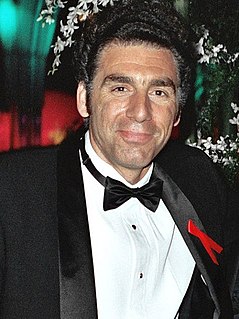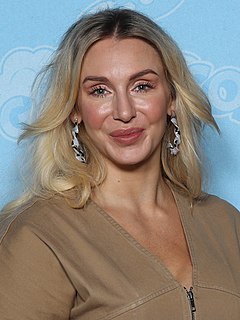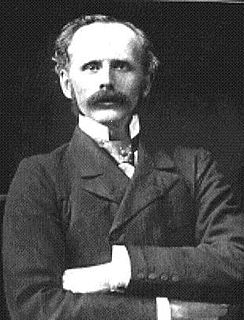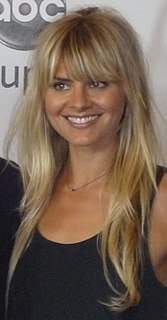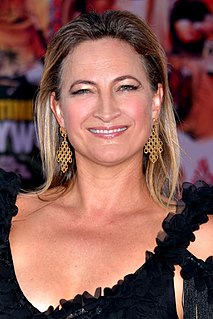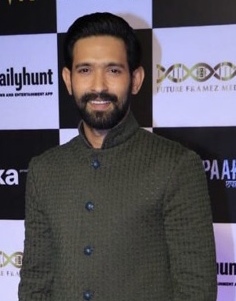A Quote by Beth Ditto
My size has helped make me an amazing performer too. The cliche of the Funny Fat Friend: I absolutely was that character - I am that character... It's a complicated bag of tools I acquired, and I've put them all to work onstage.
Related Quotes
One of the things about crowd work that's so exciting is when you discover a character in the audience who's interesting or funny, who you can vibe off of. If someone's got a weird job that you can make reference to throughout, or you can bring that person onstage - humiliate them, or celebrate them! You can put people in conversation with one another. The best is when something that they're doing can reflect back on something that you're doing.
Yes, I am one of those people who feels that most of my work is adaptation of one sort or another. For me, it's a way to jump-start the engine. For example, some people use the technique of basing a character on a friend. They start writing with his or her voice, then at a certain point, the character takes off on his or her own. It probably no longer resembles the model, but it helped the author to get going. I find that's true of form, too. For every play I've written, I know what play I was trying to imitate. That helps me get going.
When you are writing, you have to love all your characters. If you're writing something from a minor character's point of view, you really need to stop and say the purpose of this character isn't to be somebody's sidekick or to come in and put the horse in the stable. The purpose of this character is you're getting a little window into that character's life and that character's day. You have to write them as if they're not a minor character, because they do have their own things going on.
And, for any performer, to be able to go deep into character is fantastic. In film you only get to do that if you're the leading character. But in television you get 18 hours to really test the audience and take them to the edge of how far they will go with this character. I can step over this line and I love that.




